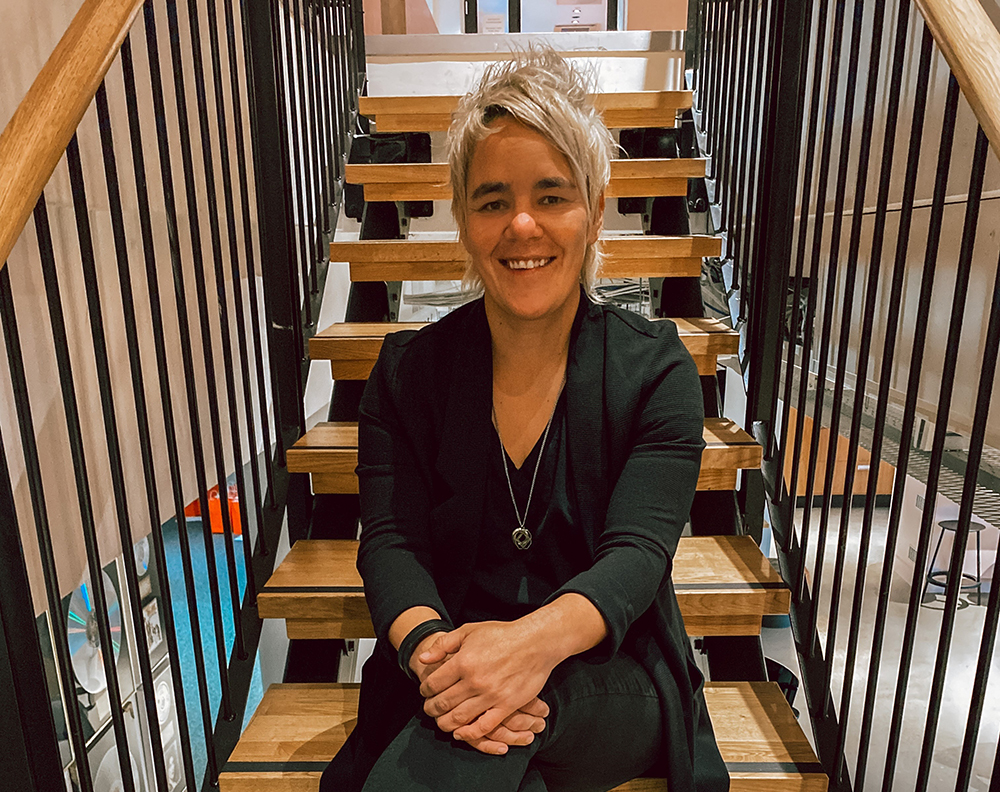
NEW YORK (Hypebot) – As part of a week long exploration into the meaning and value of "free", Hypebot asked some of the music industry's most forward thinkers the value and future of free music. Here Greg Scholl, President & Chief Executive of The Orchard shares his perspective on "free".
You asked us to share a perspective about “free music”. Setting aside illegal filesharing, we think about free music in two ways:
Services that make music free to the consumer and generate payments to rights holders from other means (to date, mostly via some form of streaming access-on-demand, and a combination of ad-supported models or fixed/bundled price “all you can eat” approaches); and Free music downloads given away as promotional tools.
is important, but not enough."
“Free music”, via new types of retail services in particular, is just in its infancy. The goal of the ad-supported services, which make up the preponderance of new entrants getting a lot of press lately, is to fill a demonstrated market demand by giving consumers a flexible, easy to use product that offers good value. But, these services will only survive if they find a way to do this while creating new revenue streams that are accretive for rights holders – just being something consumers love is important, but not enough.
The ad-supported or bundled-price/all-you-can-eat approaches both have tremendous potential, but will take time to prove out. And, it’s too early for us to comment on specifically which companies we endorse on behalf of our clients for the long term, and which ones we will simply not license. To separate the wheat from the chaff, we strike a broad array of short term deals for the explicit purpose of performing structured tests to understand their value: both direct (revenue our clients get from them), and indirect (revenue our clients get because of them).
Through this approach, we’ve learned some things in the process. For example, we run programs on ad-supported services to generate awareness in a way that allows us to create an umbrella program such that we translate visibility into sales on other, higher-margin a la carte services. One recent case study: we recently marketed Menahan Street Band’s debut album through a promotion on Deezer in France that resulted in a doubling of sales of that album on iTunes. That’s a clear case of driving healthy value for all involved: our client, Daptone; Deezer; and iTunes – all of whom are important to us. We are now using what we’ve learned to implement an aggressive array of programs at Deezer with this goal – retail sales elsewhere and especially at iTunes – explicitly in mind.
On a cautionary note, however, we harbor increasing concerns about the long-term viability of many of the new ad supported businesses. The fact is, CPMs have been disappointing. Unless services get a lot smarter about helping advertisers hyper-target audiences using very detailed demographic information and are able to staff experience ad sales teams to engage advertisers and translate this into higher CPMs, then it is difficult to conceive of how these services will survive. Certainly, speaking on behalf of The Orchard at least, we won’t continue to license them.
Another challenge of note, specifically for the independent sector, is parity. The reality is, real estate online (and even more so, on the handset) is extremely limited. “MFN” on pricing isn’t the be-all end-all, if the major labels end up with the majority of promotional real estate and the independents are left in the cold. The “store” is simply too small, and we need to make sure independent music and deep catalogue across the board doesn’t just become the needle in the haystack. Failure to overcome this could significantly impair how value flows to independents, industry-wide. We are committed to working constructively with existing players to ensure this does not occur, and it’s a key part of the deals we strike.
As for the second type of free music – giving away tracks to sell tracks – we very much believe in the use of free music downloads as a promotional tool, and encourage our clients to give a song away, not just for our ability to use the free track to drive album and track sales, but increasingly, also to capture an email address or mobile number so that the artist can build audience. We have refined our methodologies for promotional programs, and use real-time data to take into account historical performance, demographic information about an artist or band’s audience, and other factors. We think we have a proven model tying these programs to monetization, whether it’s through downloads, ticket sales, or merch.
The bottom line is, fans want to connect with artists. The challenge for us and others is monetizing that connection in a way that remains fresh and exciting for consumers, but economically viable for rights holders over the long term. There will continue to be a proliferation of offerings, we will aggressively license most of them, and we’ll probably be amazed in five years when we say, “we certainly didn’t expect THAT!” … but, as is always the case in market economies, in the long term, we are confident that consumer choice will rule. Some fans will want to own the music while others will purchase an iPhone app and use this for anytime/anywhere access (an area where we are specifically investing right now, building on our recent Fluid/Mobile Roadie announcement). Regardless, our mission remains to serve as advocate and partner for our clients, stay open- but tough-minded and explore all avenues and models … And at the same time, closely monitor effectiveness and tailor our retail strategies and footprint accordingly. And to remember that, sometimes, the most powerful word is “no.”

























































